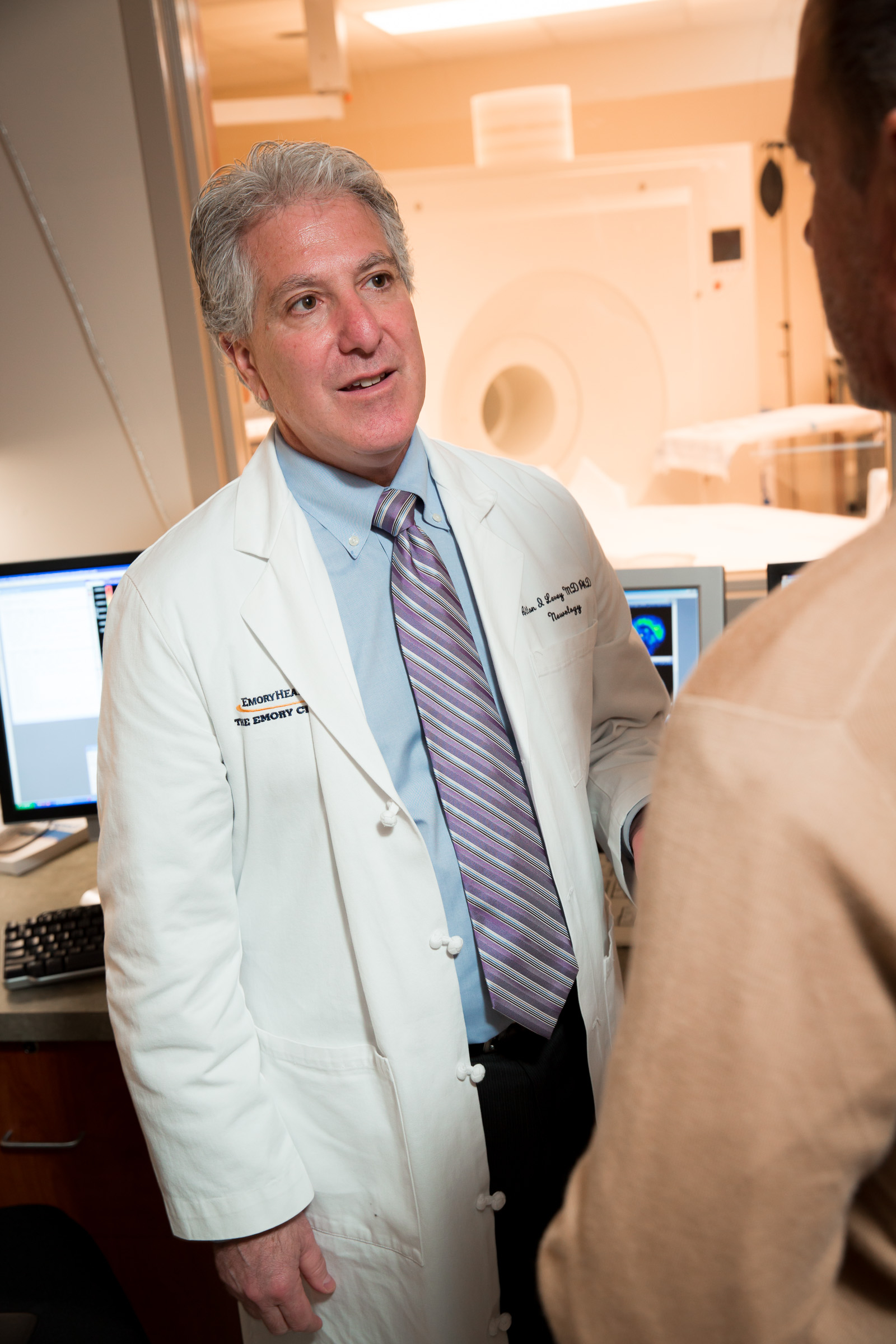Active Clinical Trials & Research Studies

As Emory researchers develop strategies to diagnose individuals in the very early stages of Alzheimer’s disease (Alzheimer's), the need to develop effective treatments that target symptoms of the disease and slow its progression remains critical. Emory researchers are using findings obtained from basic science research to target possible strategies to halt or slow the progression of Alzheimer’s. A variety of clinical trials are currently being conducted at Emory. Research examining high-dose vitamin supplements as well as studies testing novel surgical techniques to slow brain degeneration are among a number of active clinical studies. Experts at Emory are also conducting studies that explore how sleep is disturbed by neurodegenerative diseases, such as Alzheimer’s, and how specific sleep disorders may cause or contribute to the development of cognitive decline as individuals age. The rapid pace of progress in Alzheimer’s research will continue to generate abundant opportunities for patients to partner with Emory clinicians and investigators in cutting-edge research to aggressively pursue a cure for this debilitating disease.
Research Studies Need Volunteers
When we look back at the advances that have been made over the last 20 years in Alzheimer’s research and review recent research advances, we feel very hopeful that 20 years from now we will be able to prevent the current devastating effects of the disease. Each step forward requires people willing to participate in research.
People Aging Without Memory Problems Needed
Normal aging people without memory problems are important to studies designed to learn more about normal memory and aging. Visit the open clinical studies page to see which of the studies need normal aging volunteers.
Different Types of Research Studies
Research on Alzheimer’s is rapidly advancing on several fronts.
Researchers are:
- Testing potential new medications they hope will be even more effective than currently available treatments
- Using medications approved for other uses (for example, cholesterol lowering medications) as potential treatments for Alzheimer’s
- Looking for ways to identify mild cognitive impairment and Alzheimer’s disease early as well as monitor the progress of the disease
- Learning more about the transition from aging without memory problems to mild cognitive impairment and Alzheimer’s
- Studying how to help individuals and families cope with the disease
Additional Information
For additional information on the studies listed above, please call Crystal Davis at 404-727-6696.